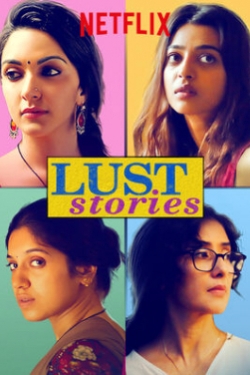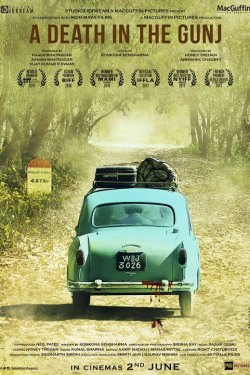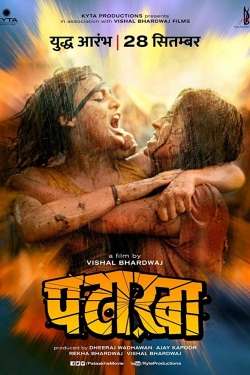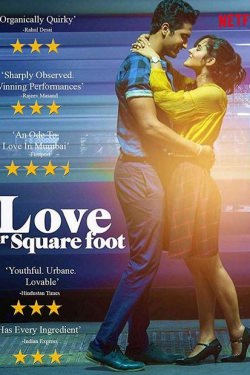Top Rated Films
Swetha Ramakrishnan's Film Reviews
-
Pataakha is an oxymoron. It’s explosive but subtle; it’s emotive but doesn’t take itself too seriously as a film. It could have benefited with a tighter edit, but for the most part I couldn’t take my eyes away from the screen. Pataakha is an indulgence worth investing in.
-
Sanju is Ranbir Kapoor and Vicky Kaushal’s film. Both actors pull even the flawed parts of the film together, and neatly wrap the histrionics with flavour and variety. Sanju is an entertaining film, and has all the elements of a blockbuster — but one wishes the honesty and nuance went beyond just the performances.
-
Lust Stories is a step in the right direction. This is the main reason I’m going to refrain from stating my favourite short, because I feel it’ll be a premature opinion. One must watch Lust Stories, dreamily, a couple of more times to fully soak it in. The stories may not have worked as longer features, because that would reveal the risk of over-analysing and forcing a story to fit within the three-act structure. Lust Stories is stitched together beautifully, like starkly different pieces of the same fabric. It is evocative, beautiful, visceral and alluring.
-
Race 3 is a funny, kitschy and audacious film. In between the action shots (clearly where most of the money has been spent, after bhai), the film tends to make you go “what the hell just happened” more times than you can count.
-
What we’re missing in this brave, sporadically engaging film is a childlike innocence that films like Dead Poets Society or even Rockford had. Instead, Hichki is Rani’s baby. The entire burden of the film is put on her shoulders — from the sassy bits, to the dramatic ones. It would have been nice to add some sub plots and regular intervals of comic relief. However Hichki is shot well, and the background score adds a certain charm to the film.
-
Love Per Square Foot has its heart in the right place. It’s an earnest, well-shot, well-written film meant to be watched with popcorn, and not cynicism.
-
I’m not sure whether to feel bad for or be critical of Bhansali. But here’s the thing (hello Karni Sena, I am talking to you): your disappointment and disapproval of a film can coexist with the film itself. You can watch a film, and disagree with it, but still not hold a country to ransom. Just a thought.
-
Things start moving only towards the last few minutes in the film, and by then it’s all about Akshay. Bhumi becomes a mere catalyst. This is the biggest issue with Toilet: Ek Prem Katha. Some of you may be able to ignore this in wake of the larger message in the film, but I would have preferred a different film altogether.
-
Bollywood desperately needs films like A Death in the Gunj — one that doesn’t take itself too seriously or isn’t easy to frivolously label, but yet doesn’t insult the intelligence of its viewer. We need to have a middle path between “artsy fartsy parallel cinema” and “mass masala entertainer”, and Konkona Sen Sharma seems to have found a way.
























